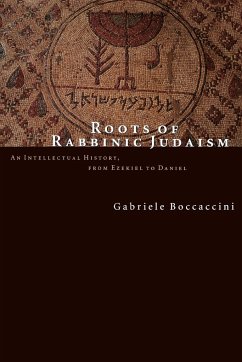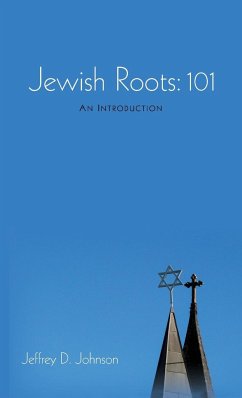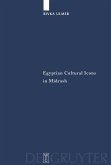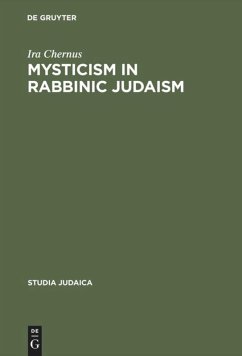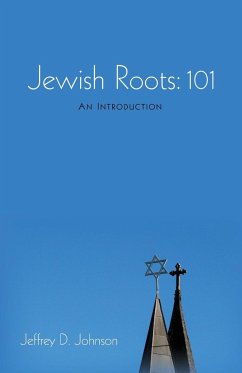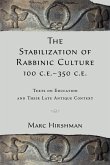In a bold challenge to the long-held scholarly notion that Rabbinic Judaism was already an established presence during the Second Temple period, Gabriele Boccaccini here argues that Rabbinic Judaism was actually a daring reform movement that developed following the destruction of the Jerusalem temple and that only took shape in the first centuries of the common era. Through careful analysis of Second Temple sources, Boccaccini explores the earliest roots of the Rabbinic system of thought in the period from the Babylonian exile to the Maccabean revolt, or from Ezekiel to Daniel. He argues convincingly that a line of thought links Rabbinic Judaism back to Zadokite Judaism through the mediation of the Pharisaic movement. Sure to be widely debated, Roots of Rabbinic Judaism will be of interest to anyone studying the origins and development of modern Judaism.
Hinweis: Dieser Artikel kann nur an eine deutsche Lieferadresse ausgeliefert werden.
Hinweis: Dieser Artikel kann nur an eine deutsche Lieferadresse ausgeliefert werden.

